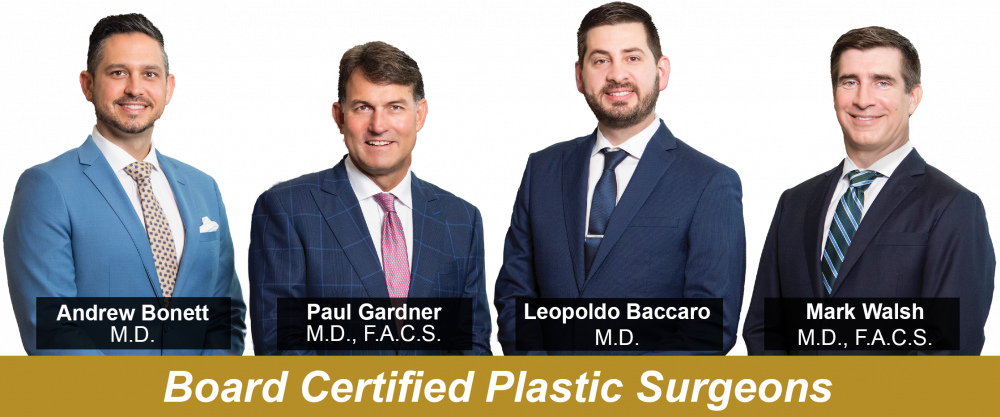
What You Need to Know About Breastfeeding with Implants
In America, over 300,000 women a year get some form of breast augmentation. Many women however, have questions about breastfeeding following breast augmentation. Expectant mothers or women contemplating pregnancy often ask: “Will I be able to breastfeed with my implants?” If you are a mother and already have breast implants or are considering breast enhancement prior to childbirth you should consider the following.
Breastfeeding with Implants
Many women with implants are able to breastfeed their babies without difficulty, while others may experience problems. The ability to breastfeed with augmented breasts depends on a few factors:
- Incisions – If your incisions are across the nipples or areolas, it is possible that your nerves and milk ducts were severed, making breastfeeding difficult or impossible. However, most modern plastic surgeons will make incisions under the breast or in the arm pit area to hide scars and preserve your nerves and milk ducts.
- Implant Location – The location of your implants can play a role in milk production. Your implants can be inserted either under the chest muscles, or between the breast tissue and above the chest muscle. Opting for implants beneath the chest muscles is less likely to damage the nerves and glands involved in milk production.
- Nipple Sensation – If you retain sensation or feeling in your nipples, it means your nerves have not been compromised, and you are probably able to breast feed. If you have limited or no sensation in your nipples and your breast augmentation was recent, it is possible that full feeling has not returned yet but your ability to produce milk is unaffected.. If this lack of sensation remains for an extended period of time, consult with your cosmetic surgeon.
- Reason for Implants – If you elected for breast implants for aesthetic reasons, it is unlikely you will experience difficulty while breastfeeding. However, if you received implants to remediate undeveloped breast tissue, it is possible that your milk producing glands are also underdeveloped which can inhibit milk production.
Lactation
It may not always be apparent when you are not lactating properly. If your infant is losing body weight, is especially cranky, or has short feedings (less than five minutes), you should consult with your physician or a lactation specialist as soon as possible. These may signs may indicate that you are not producing enough milk to satisfy your child. It may be wise to switch to bottle feeding until you receive expert advice.
Healing and Restoring
Even after breast augmentation surgery, it is likely that your glands and milk ducts will remain functional. In fact, there are processes called recanalization (for the ducts), and reinnervation (for the nerves) in which they can heal, reconnect and restore function.
See a Board-Certified Surgeon
Studies have shown that 90% of women have the ability to breastfeed following breast implant surgery. If your surgery is performed by a board-certified plastic surgeon, your breast augmentation should not affect your ability to produce milk.
Considering Breast Augmentation?
Dr. Gardner of Gardner Plastic Surgery has extensive knowledge and expertise performing breast augmentation. If you have questions, concerns, or wish to consult with him about your ability to produce milk following a breast augmentation surgery, don’t hesitate to call us at (239) 566-2611, visiting our office location at 1250 Pine Ridge Road, Suite 101C, Naples, Florida 34108 or using our online contact form.

